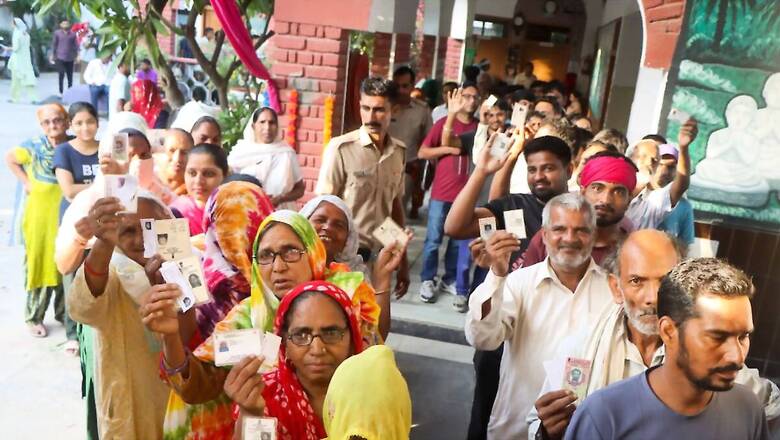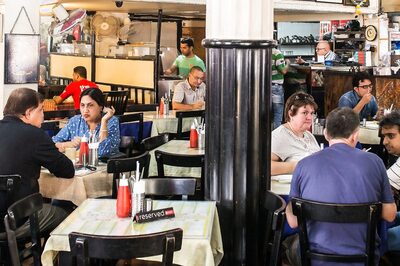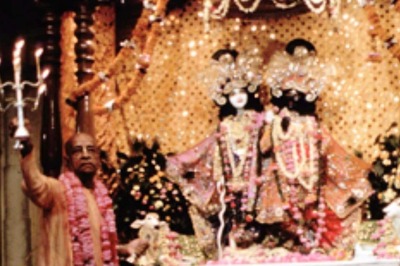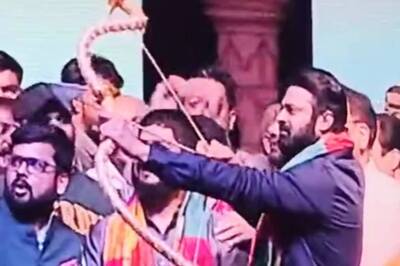
views
The Election Commission has announced the date of by-elections for nine assembly seats in Uttar Pradesh. While these constituencies will go to vote on November 13, the election date for Milkipur Assembly Constituency in Ayodhya has not been announced by the poll body yet.
Milkipur had been a stronghold of the Communist Party and later, the Samajwadi Party (SP). The by-election, necessitated by the resignation of SP MLA Awadhesh Prasad following his election to the Lok Sabha, presents a significant test for both the SP and the Bharatiya Janata Party (BJP).
Earlier, a general constituency, Milkipur got the status of a reserved constituency after the 2012 delimitation exercise after the reserved Sohawal assembly constituency was merged with it.
Awadhesh Prasad, who previously represented Sohawal, successfully transitioned to Milkipur, after he won the 2012 and 2022 Uttar Pradesh assembly elections. The BJP’s Baba Gorakhnath won the seat in 2017, demonstrating the constituency’s fluctuating political landscape.
A History Steeped in Political Significance
Since its first election in 1967, Milkipur has witnessed a diverse range of political representatives. Mitrasen Yadav holds the record for registering the most number of victories, securing the seat four times when he was in the Communist Party and once with the SP. The Congress party has triumphed thrice, while the SP boasts five victories. The Communist Party has won four times, the BJP twice, and the Bahujan Samaj Party and Bharatiya Jana Sangh once each.
This by-election marks the third such instance for Milkipur. In 1998, SP’s Mitrasen Yadav vacated the seat upon becoming an MP, leading to a by-election. Similarly, in 2004, SP MLA Anand Sen Yadav’s resignation prompted another by-election. Awadhesh Prasad now follows in their footsteps, becoming the second Milkipur representative to transition to the Lok Sabha.
Caste Dynamics: A Delicate Balancing Act
As per data form the 2022 Assembly elections, there are a total of 340,820 voters in Milkipur, with 182,430 male and 158,381 female voters. The constituency’s caste composition reveals a complex interplay of political allegiances:
- Number of Brahmins: 60,000
- Number of Yadavs: 55,000
- Number of Pasis: 55,000
- Number of Muslims: 30,000
- Number of Thakurs: 25,000
- Number of Dalits: 25,000
- Number of Koris: 20,000
- Number of Chaurasias: 18,000
- Number Vaishyas: 12,000
- Number of Pals: 7,000
- Number of Mauryas: 5,000
- Others: 28,000
Yadavs, Pasis, and Brahmin voters wield significant influence in Milkipur’s political landscape. The SP has traditionally relied on the Yadav-Muslim-Pasi equation for its victory, while the BJP has sought to consolidate upper-caste and Dalit votes. After Milkipur became a reserved constituency, the SP has won twice, while the BJP has secured one victory.




















Comments
0 comment